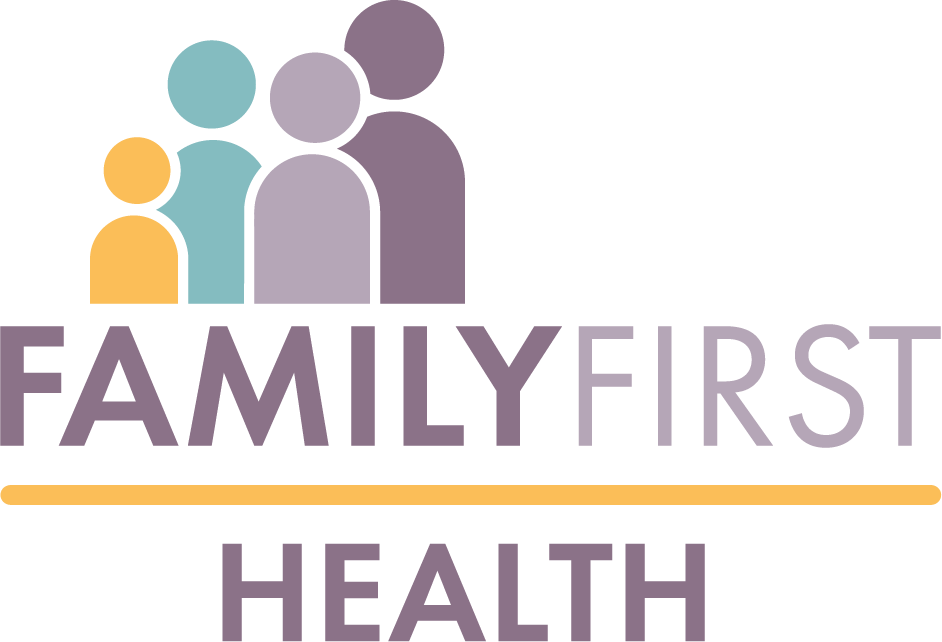YORK, Pa. – Two health organizations are currently working with the York City School District to address the concerning trend of kids vaping.
In some cases, it’s children as young as 10 years old.
“The rise in youth use of those vaping products is a serious issue, not just in this area, but across the country,” said Nikole Tome of Family First Health.
York County health officials are warning families about the serious trend spreading among kids and teens. Both the York City School District and Family First Health Center administrators say the rise in vaping among younger age groups is directly tied to mental health.
“With mental health issues that are maybe not being handled appropriately, students are outleting to something that’s not healthy, whether it be vaping or another, you know, risky behavior,” said Tome.
Data from 2019 from the United States Substance Abuse and Mental Health Services Administration shows more than 5 million high school-aged students reported vaping nicotine in the past 30 days.
Tome says the school-based health center manager with Family First at Hannah Penn says this kind of behavior can cause serious long-term issues.
“Introducing any type of chemical to the brain that really shouldn’t be there, like nicotine, can set a person up for an addiction with that chemical, or potentially others, you know, that are even worse… so the fact that they’re more willing to try it, but also not recognizing its connection to lifetime addiction,” Tome said.
That’s why Family First teamed up with nonprofit the Byrnes Health Education Center to bring information about the dangers of vaping directly to York students. They recently visited classrooms with students in the fifth and sixth grades.
“You can have substance abuse conversations as early as pre-k and kindergarten,” Tome said. “It can start with conversations around medications, how to take them the right way.”
“Sometimes doing education – especially on substance use at a young age – is uncomfortable, but doing it in an age-appropriate way is so valuable because that allows students to have that knowledge before they make those decisions,” she said.
And even if there isn’t school-based intervention, Tome says it’s really important for parents to be open and honest.
“If parents don’t have that kind of factual information, I would say it’s okay to say that and to reference out you know, maybe look at websites together to find the facts,” she suggested.
